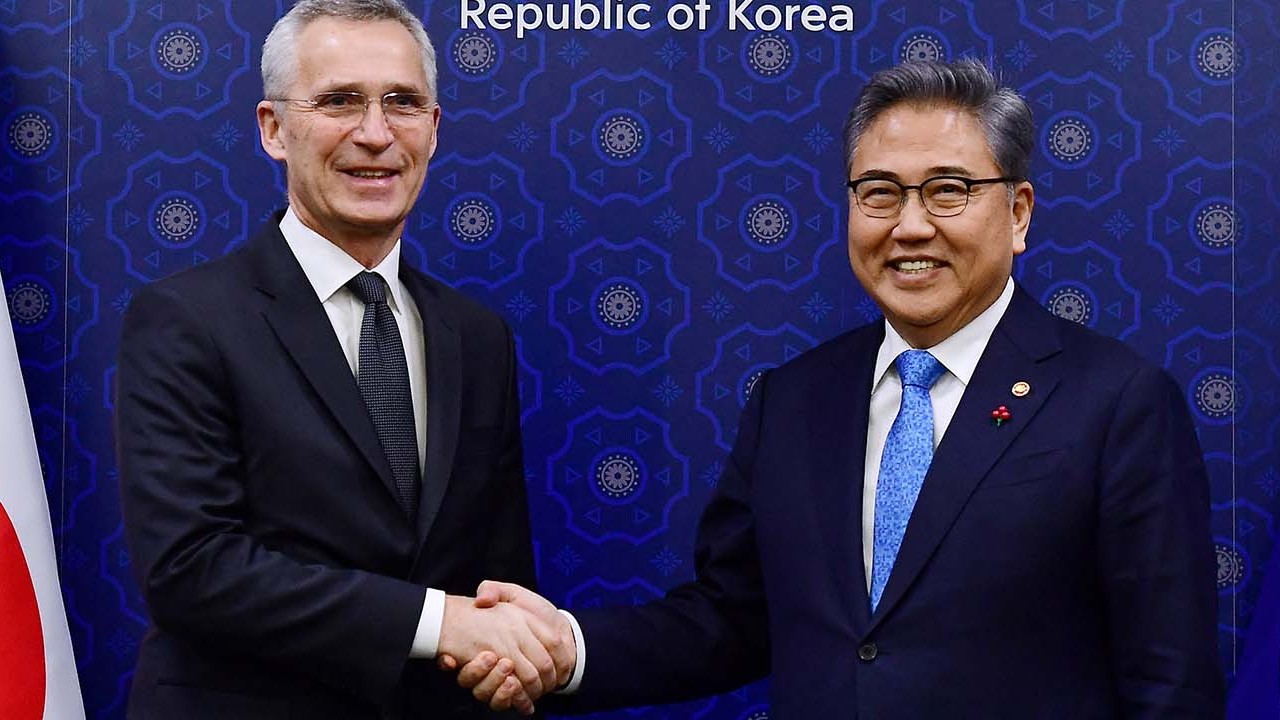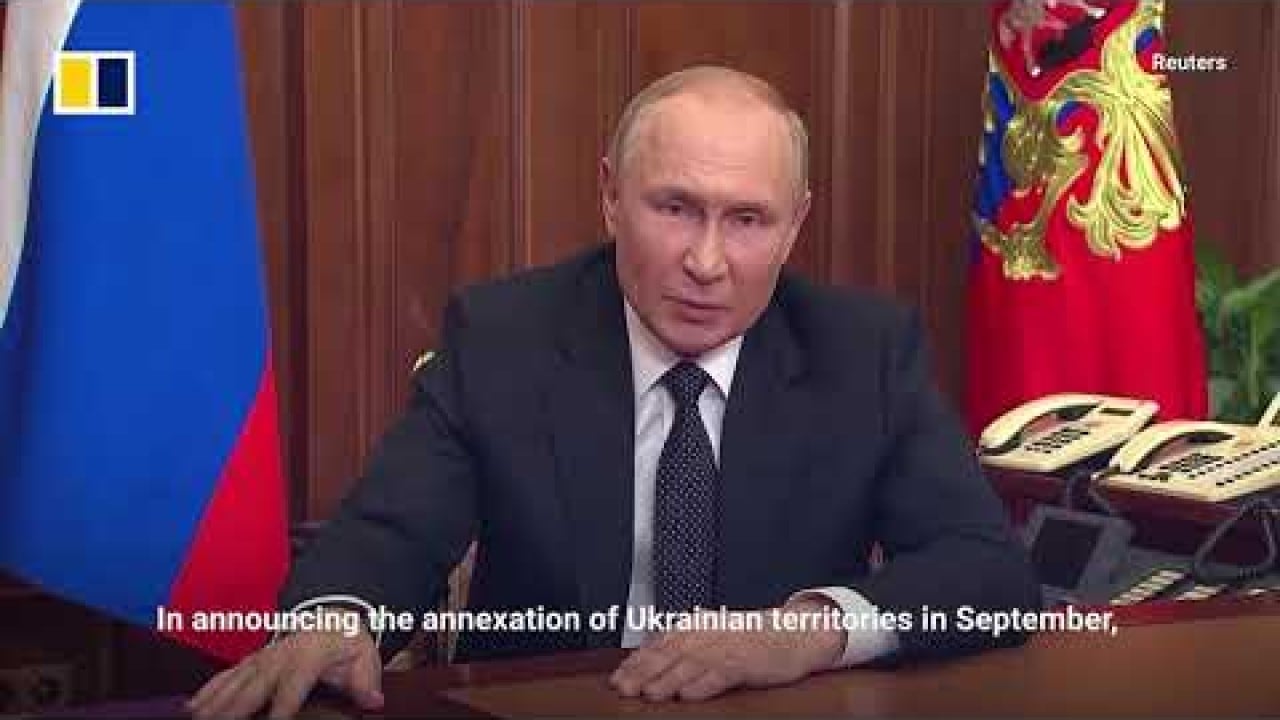
South Korea must reach for diplomacy, not nuclear arms, to defuse tensions with the North
- Yoon government’s hawkish stance is raising inter-Korea tensions as more South Koreans grow in favour of nuclear arms
- But this could lead to arms proliferation in the region and growing risk of conflict – when a return to diplomacy is needed instead
During the meeting, South Korean President Yoon Suk-yeol asked Stoltenberg and the transatlantic security alliance to play more “active roles” to deter North Korea’s “reckless provocations”. The Nato chief invited Yoon to attend the Nato summit in Lithuania scheduled for July, which the president said he would consider.
This latest meeting underscored the Yoon government’s hawkish approach towards North Korea.
In response to Stoltenberg’s Seoul visit, North Korean media published an article on Monday slamming Nato’s “sinister intention” in Asia and warned that South Korea and Japan were moving closer to an “extreme security crisis” by increasing their cooperation with Nato.
Stoltenberg’s visits to South Korea and Japan are “a prelude to confrontation and war as it brings the dark clouds of a ‘new cold war’ to the Asia-Pacific”, it declared.
Pyongyang sees Nato as being controlled by the United States and its plans to expand military cooperation with states in the region as an excuse to keep China and North Korea in check. The more South Korea deepens its cooperation with Nato, the more likely North Korea is to react aggressively.
While Seoul aligns with Washington and Tokyo, Pyongyang is also deepening ties with old-time allies in Beijing and Moscow – a development that has come under the spotlight with the war in Ukraine.
The two Koreas appear to be growing increasingly apart with few, or indeed any, options for diplomacy for now.
What had seemed unthinkable is suddenly being discussed seriously. A survey published on Monday found that 76.6 per cent of South Koreans see a need for the country to develop an independent nuclear programme to counter the North Korean threat. Also, 77.6 per cent thought it “impossible” that North Korea would ever denuclearise.
This is a worrying trend. In the short term, it could lead to increased military provocations by the South aimed at the North – provocations that could quickly escalate and result in deaths or even all-out conflict.
After year of escalation, North and South Korea must return to dialogue
In the long term, such thinking could embolden Seoul to adopt an unproductive, hawkish strategy that would leave no room for diplomacy; instead further harming inter-Korean relations, reinforcing the North’s beliefs about the US and the international community, and closing the door on arms control for good. This would especially be the case if Seoul were to acquire nuclear arms capabilities.
President Yoon and his supporters, however, seem sceptical. Given North Korea’s ability to strike continental US, many question whether Washington would be willing and even able to protect South Korea in case of a North Korean attack aimed at the US and South Korea at the same time.
This concern, although valid, should not be the reason for Seoul to turn to nuclear weapons. Doing so would only result in a domino effect of arms proliferation in the region, leading to an increasingly militarised environment in Asia and the risk of conflicts that could affect major parts of the globe.
Instead of focusing on military options, South Korea and the West must place more importance on reviving diplomacy and on the long-term consequences of their policies for the region and the world.
Gabriela Bernal is a North Korea analyst and PhD scholar at the University of North Korean Studies in Seoul, South Korea




